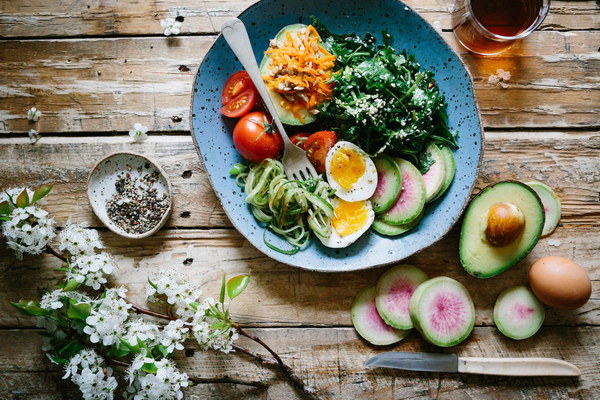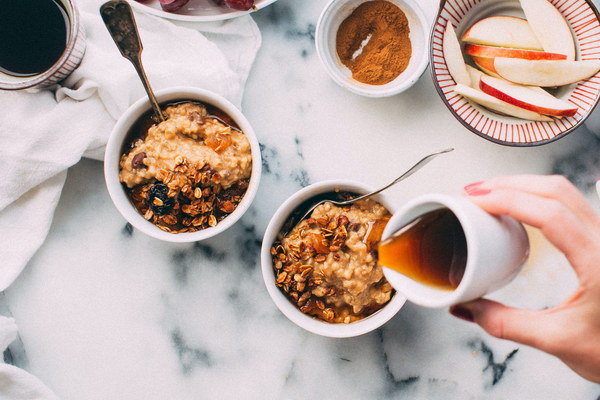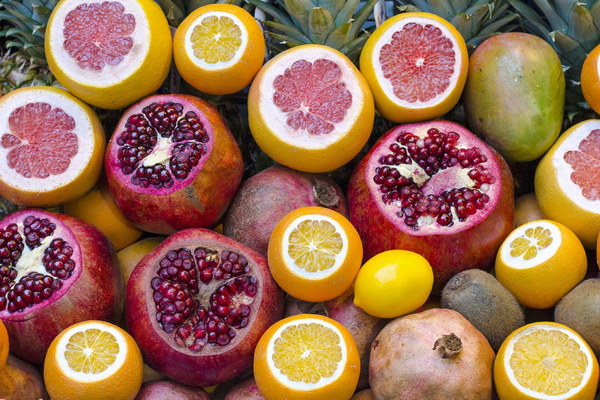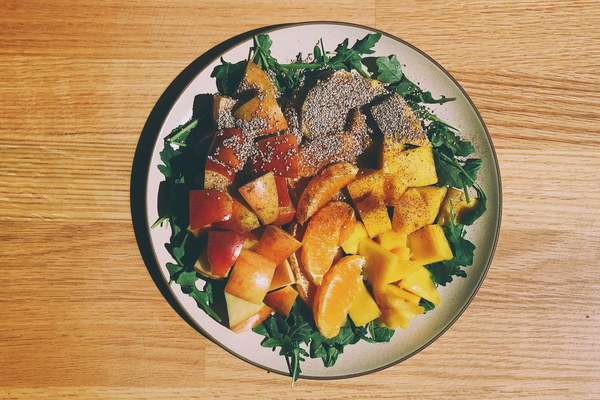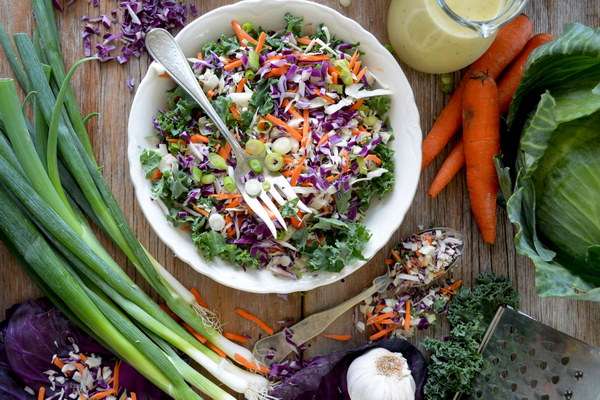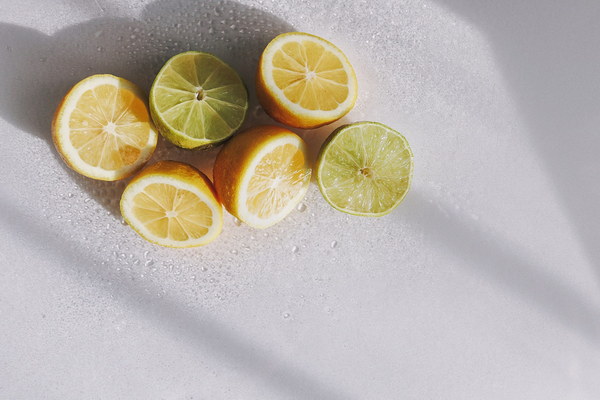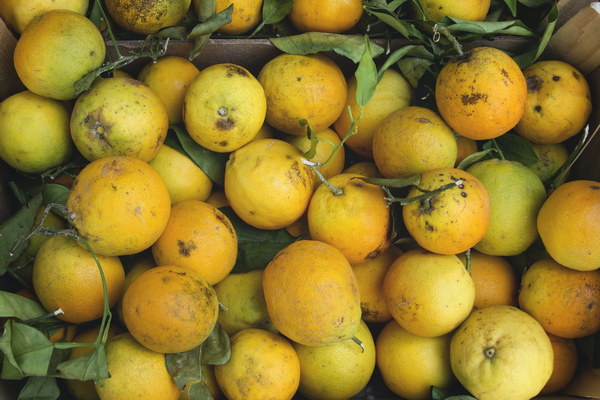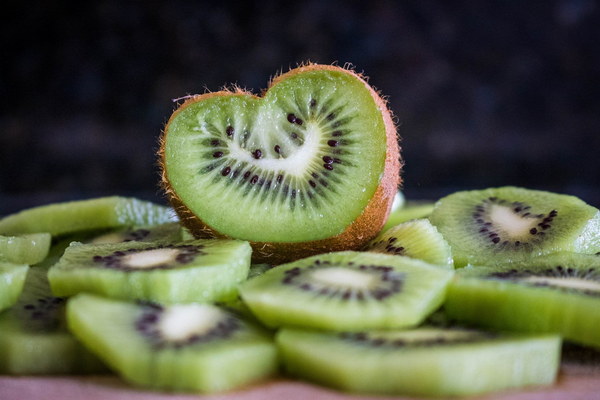Unveiling the Secrets of HealthBoosting Herbal Teas A Comprehensive Guide to Herbal Tea Basics
Herbal teas have been a part of human culture for centuries, known for their health benefits and delightful flavors. With a wide variety of herbs to choose from, it's no surprise that these teas have become increasingly popular in recent years. This comprehensive guide to herbal tea basics will provide you with all the information you need to enjoy these health-boosting beverages.
What is Herbal Tea?
Herbal tea, also known as herbal infusion or herbal tisane, is made from the leaves, flowers, roots, or fruits of various herbs, spices, or plants. Unlike black or green tea, herbal teas do not contain caffeine. Instead, they offer a delightful range of flavors and potential health benefits.
Benefits of Herbal Teas
1. Detoxification: Many herbal teas act as natural detoxifiers, helping to eliminate toxins from the body and improve overall health.
2. Immune System Support: Some herbs, such as echinacea and ginger, can boost the immune system, helping to prevent colds and flu.
3. Digestive Health: Herbal teas like peppermint, ginger, and fennel can help alleviate digestion issues, such as bloating, gas, and constipation.
4. Stress Relief: Teas such as chamomile, lavender, and lemon balm have calming properties that can help reduce stress and anxiety.
5. Heart Health: Certain herbs, such as hibiscus and green tea, have been shown to lower blood pressure and improve heart health.
Popular Herbal Teas and Their Benefits
1. Chamomile Tea: Known for its calming properties, chamomile tea is a great choice for those looking to unwind after a long day. It can also help with insomnia and indigestion.
2. Peppermint Tea: A popular choice for digestion, peppermint tea can alleviate bloating, gas, and nausea. It also has anti-inflammatory properties.

3. Ginger Tea: Ginger is well-known for its ability to aid digestion and reduce nausea. It also has anti-inflammatory and immune-boosting properties.
4. Lavender Tea: Lavender tea is a delightful option for those seeking relaxation. It can help reduce anxiety, improve sleep, and soothe sore muscles.
5. Green Tea: Although green tea is technically a type of tea, it is often included in herbal tea discussions due to its numerous health benefits. It contains antioxidants that can help reduce the risk of heart disease, cancer, and other chronic conditions.
How to Prepare Herbal Tea
To prepare a cup of herbal tea, follow these simple steps:
1. Boil water: Use fresh, cold water and bring it to a boil.
2. Add tea leaves: Place one to two teaspoons of dried herbal tea leaves in a teapot or cup.
3. Steep: Pour the boiling water over the tea leaves and let them steep for 3-5 minutes, depending on the type of tea.
4. Strain: Remove the tea leaves from the water using a strainer or cheesecloth.
5. Enjoy: Add honey, lemon, or other sweeteners to taste, if desired.
Conclusion
Herbal teas offer a delicious and healthful way to enjoy the benefits of nature's plants. With so many varieties to choose from, there's sure to be an herbal tea that suits your taste and needs. Incorporating herbal teas into your daily routine can help you achieve a healthier, more balanced lifestyle.
